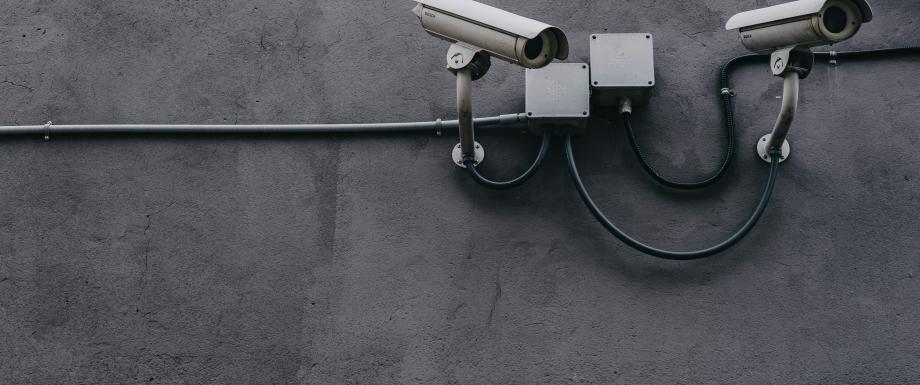
New Security Activities Act Comes into Force on July 1
At the beginning of July, the current Security Act will expire, and it will be replaced by the Security Activities Act. Here is an overview of the significant changes introduced by the new law.
Security Guards Can Only Operate in Public Spaces Under the Supervision of a Security Worker
One of the major changes brought by the new law is that public places must have at least one person with security worker qualifications to supervise security guards. Public space refers to areas accessible to anyone who wishes to enter, either for free or with a ticket. The security worker does not need to be in the immediate vicinity of the guard but should be able to intervene if necessary. The security worker must be reachable at all times via communication devices and ready to act to ensure order.
For example, in a shopping center, it is sufficient if there is at least one security worker ready to respond as per the security plan of the shopping center. When the center is closed to visitors, there is no need for security workers to be present along with the guards, as it does not constitute a public space during those times.
Security Workers Gain the Right to Use Force
The new law grants security workers the right to use force to prevent danger to people or property if necessary. Currently, security workers do not have this right. The use of force must not be excessive and should only be employed when maintaining order is impossible without it. Additionally, security workers can use force to check if a person possesses something dangerous or stolen.
Security workers will also be permitted to use telescopic batons and gas sprays, which they are currently not allowed to use. Guards will also have the right to use gas sprays, provided they undergo annual training on using these tools.
Guards, however, will not have the right to use force or weapons in their duties. In cases where a guard needs to defend themselves, they can use a weapon only if it is absolutely necessary given the level of threat.
Security Workers Can Operate Outside the Security Object
Under the current law, security workers can only perform activities within the boundaries of the security object. The new law extends this right to the surrounding area to a reasonable extent. This change allows security workers to detain thieves outside a store's premises, for example.
Provisions for Internal Security
The new law allows companies to carry out security activities on their premises without hiring a security company, using their employees who are qualified security workers. The activity previously termed internal security in the current law is referred to as internal security in the new law.
Internal security workers must meet the same requirements as security workers and wear uniforms. Companies will also be able to use internal guards who meet the same requirements as guards if specified in the security plan.
Under the new law, companies must submit a notification to the economic activities register for internal security activities. Currently, companies must also notify the Police and Border Guard Board, but this will no longer be necessary.
Security Plan Becomes Mandatory for Guarded Security Objects
The new law mandates a security plan for all locations where a security company provides manned security, not just for events. The minimum requirements for the security plan are outlined in the security activities regulation. The security plan can be part of the contract for security services and is also required for companies conducting internal security.
Immediate Notification to the Police for Weapon Use by Security Workers The new law requires security companies to notify the Police and Border Guard Board immediately of any incidents involving the use of firearms by their security workers. Currently, notification is only required if the use of firearms results in death, injury, or property damage.
However, security companies will no longer need to notify the Police and Border Guard Board of attacks on security objects as security workers can handle such situations without police involvement.
Relaxation of Restrictions on Other Activities
The new law lifts the current restrictions on security companies manufacturing or selling explosives or weapons and providing private detective services. Security companies will be allowed to engage in these activities.
Changes to Requirements for Security Personnel
The new law introduces changes for all security personnel, including both security workers and guards. The age requirement for security workers will be lowered from 19 to 18 years, provided they meet other qualifications. Guards will no longer be allowed to work while still undergoing training; they must have completed their training and obtained their certification.
Notification Requirement for Security System Activities
Under the new law, security system design, installation, and maintenance will be classified as one of the four security activities. Security companies must submit a notification for these activities to the economic activities register by January 1, 2025. Previously, this activity did not require notification or licensing.
Security Activities Regulation Comes into Force on July 1
Along with the new law, the security activities regulation will come into effect, setting requirements for security plans, security audits, training, qualifications, physical preparedness, health status, and notification of security activities to the Police and Border Guard Board.
For any questions about the upcoming Security Activities Act, contact the Chamber's lawyers at juristid@koda.ee.


